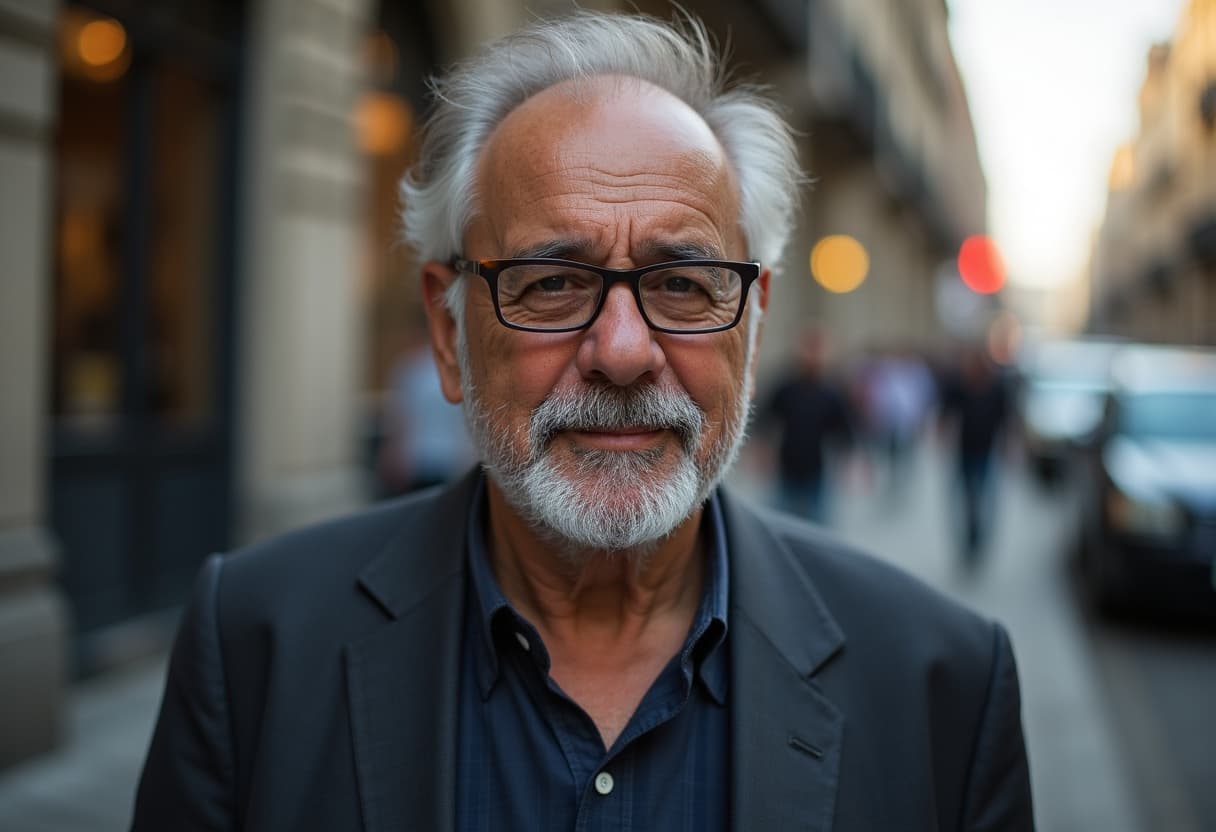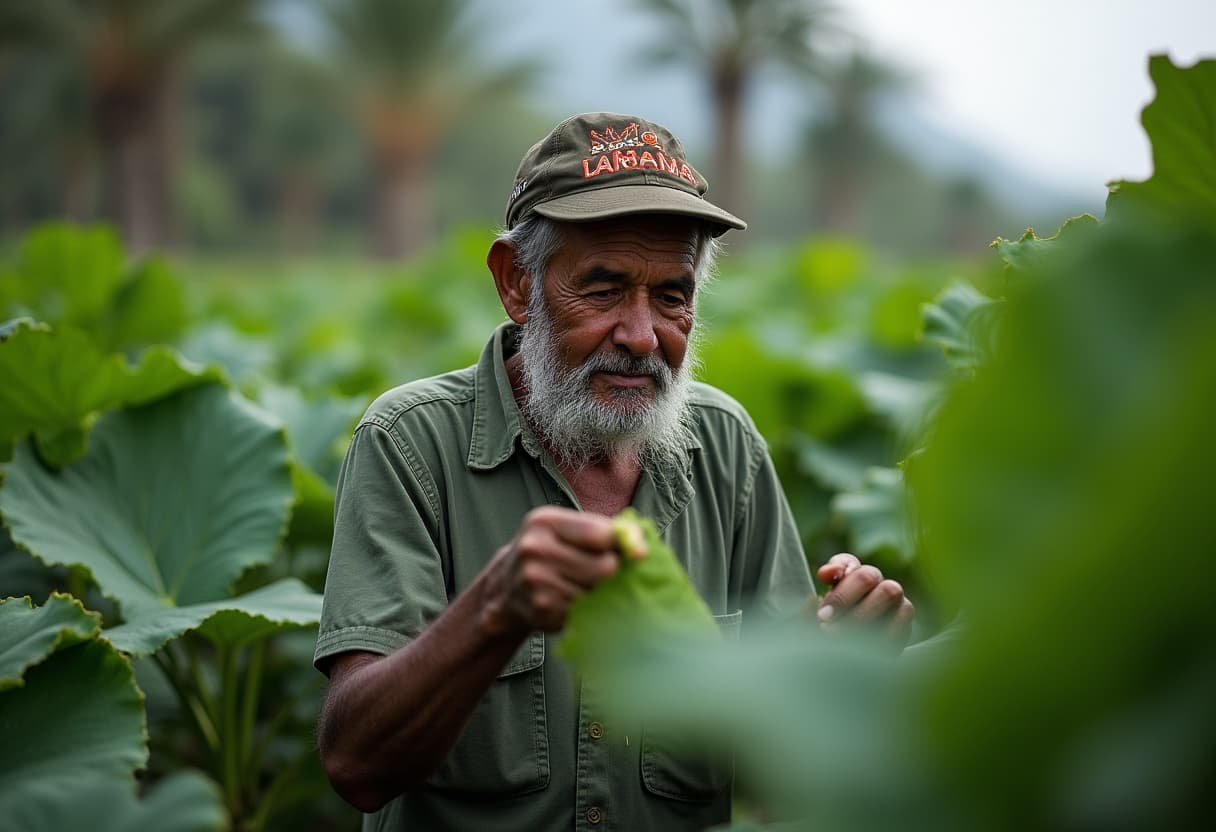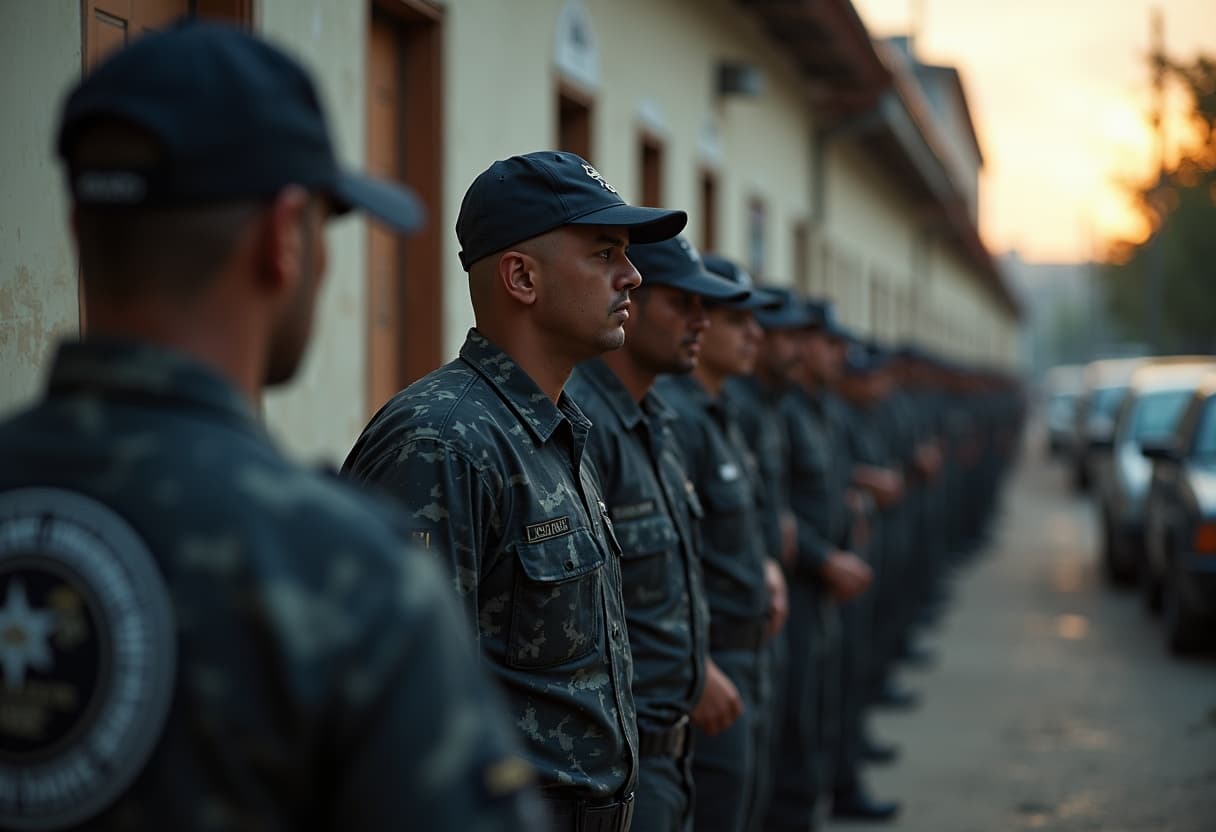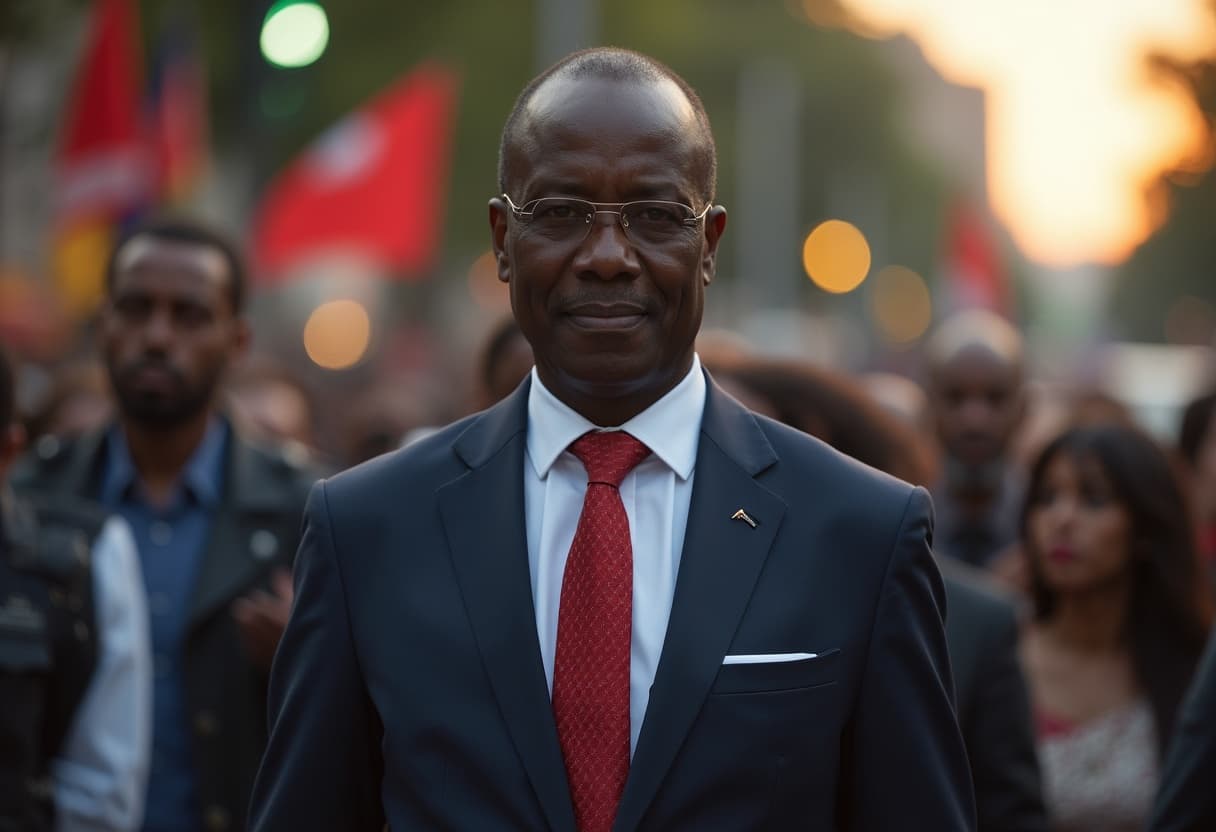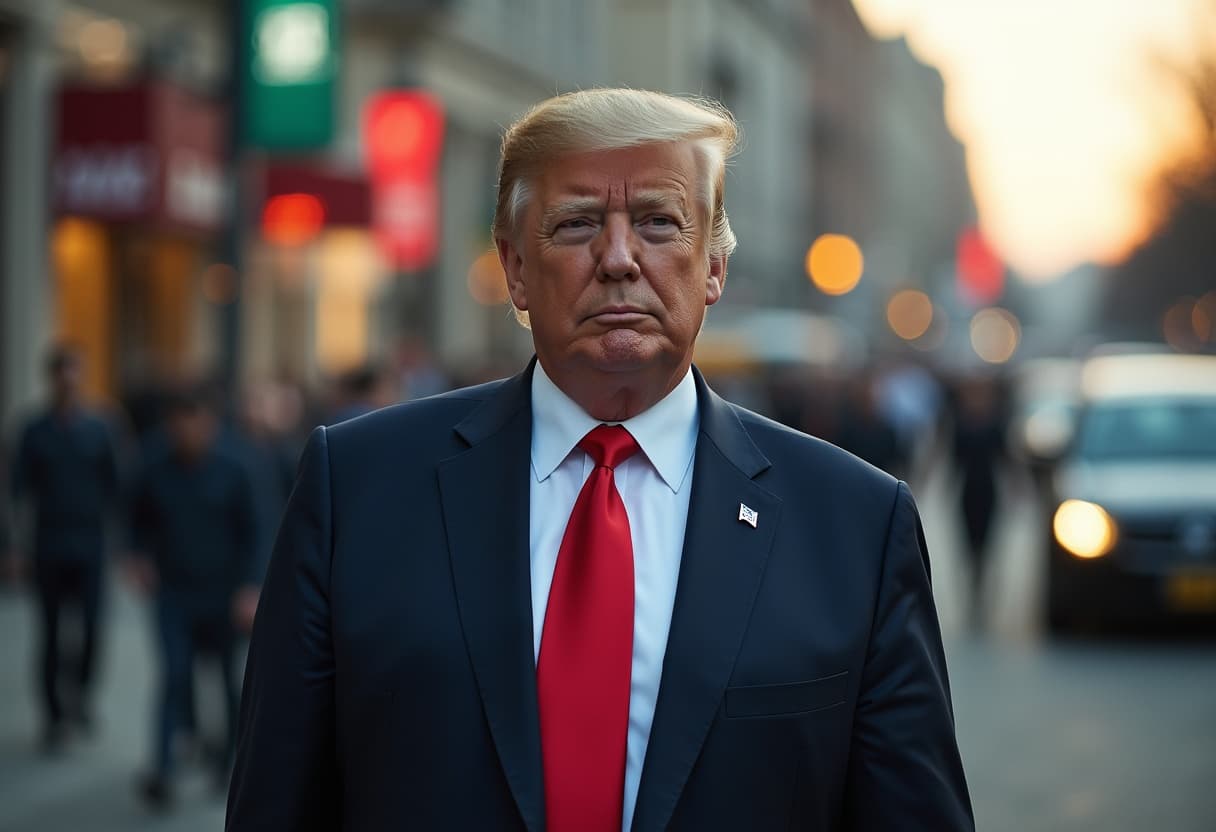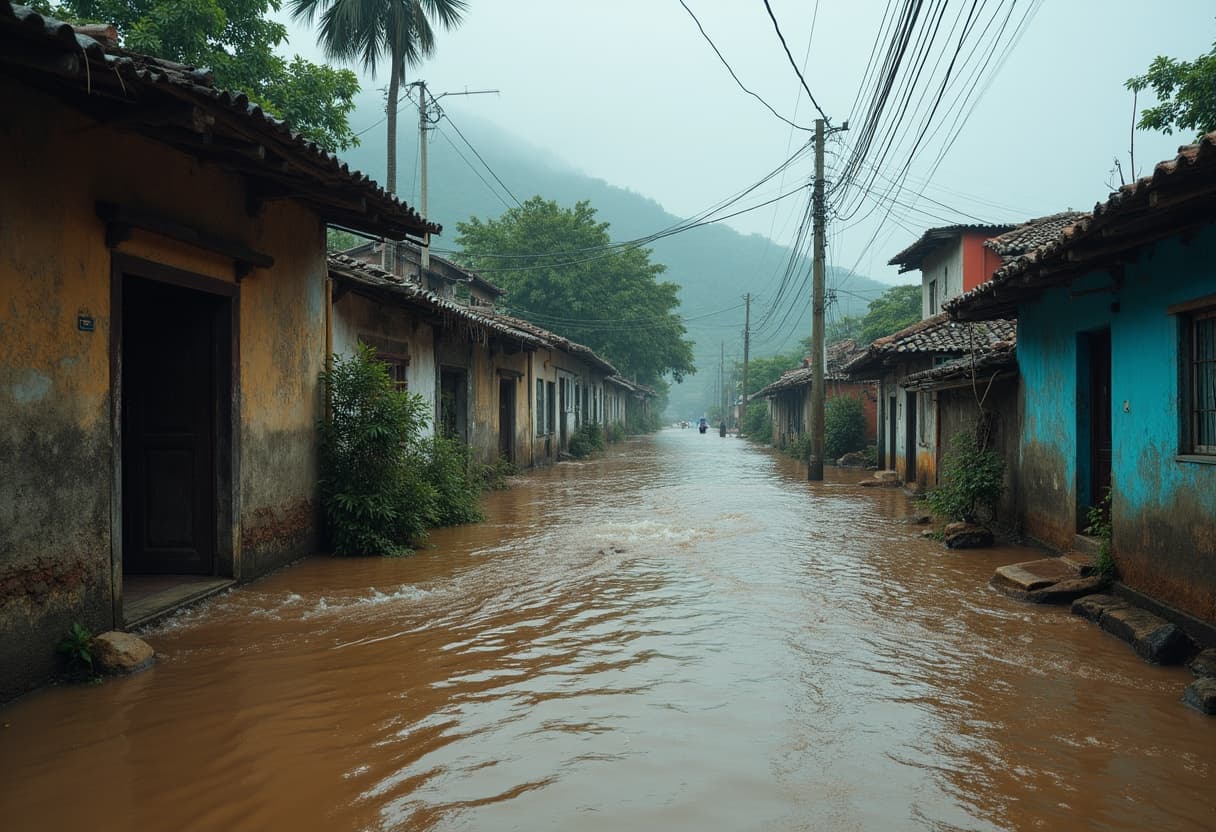Cuban Dissident José Daniel Ferrer Released from Prison, Begins U.S. Exile
José Daniel Ferrer, a prominent figure in Cuba’s opposition movement, was freed from prison on October 13, 2025, and immediately departed the island, seeking refuge in the United States alongside his family. This event marks a significant moment amid Cuba’s ongoing political and economic turmoil.
Harsh Imprisonment and a Painful Farewell to Cuba
Ferrer, 55, has spent more than two decades advocating for democratic reforms in Cuba. His most recent imprisonment followed his participation in the widespread anti-government protests of July 2021, which shook Cuba and provoked a harsh crackdown by authorities. He described his confinement as agonizing, particularly highlighting long stints in solitary confinement, writing that the regime treated him with "beatings, torture, humiliation, threats and extreme conditions." His words reflect the intense personal cost borne by dissidents challenging authoritarian regimes.
The Cuban Ministry of Foreign Affairs confirmed Ferrer’s release was the result of formal intervention by the U.S. government after he penned a letter requesting to leave the country over worsening prison conditions and escalating threats to his family’s safety. His departure is emblematic of a grim reality facing many Cuban dissidents — exile often becomes the only refuge from repression.
Political Significance and International Reactions
Ferrer’s exit robs Cuba’s opposition movement of one of its most steadfast leaders during a period when the island nation faces not only economic hardship but also a growing exodus of its young population. U.S. Secretary of State Marco Rubio, himself the child of Cuban exiles, welcomed Ferrer’s arrival in Miami, calling him a "tireless advocate for the Cuban people" and a persistent thorn in the side of the regime.
Rubio’s statement underscores the broader U.S. geopolitical posture regarding Cuba — the country remains a contentious symbol of Cold War-era antagonism with ongoing human rights concerns shaping policy and diplomacy.
Ferrer’s Activism and the Cuban Opposition Landscape
Unlike many opposition figures concentrated in Havana, Ferrer’s base of operations was Santiago de Cuba, the country’s second-largest city and a historical hotbed for dissent. His movement has been particularly notable for mobilizing grassroots resistance in the eastern provinces, often overlooked in mainstream narratives dominated by the capital.
Ferrer’s earlier imprisonment in 2003, part of a mass crackdown that jailed 75 dissidents, drew international condemnation, with organizations like Amnesty International branding these prisoners as "prisoners of conscience." Despite Cuba’s denial of holding political prisoners, citing internal laws against anti-government actions, human rights advocates challenge these claims.
A Complicated History of Detentions and Diplomatic Deals
Ferrer’s release in 2015 was part of a broader diplomatic thaw under President Barack Obama, during which Cuba freed dozens of political prisoners. This period briefly softened decades of hostility but was short-lived. The Trump administration reversed course, reinstating Cuba on the U.S. list of state sponsors of terrorism and tightening sanctions, which coincided with Ferrer’s re-arrest and worsening prison conditions.
The recent Vatican-mediated agreement during the final days of the Biden administration again removed Cuba from the terrorism list and secured his January 2025 release, although this reprieve proved temporary.
The Human Toll and the Ongoing Struggle for Freedom
Joe Garcia, a Cuban-American former congressman from Miami, reflected on Ferrer’s exile as "a sad day for all Cubans," underscoring the heartbreaking choice forced upon many dissidents — leave their homeland or endure repression. Garcia emphasized the overwhelming pressures that shape such decisions, resonating deeply with the experiences of countless exiled families.
Ferrer’s journey mirrors a broader narrative of sustained loss and sacrifice among Cuban activists, many of whom remain imprisoned or under threat. Figures like rapper Maykel Castillo and artist Luis Manuel Otero continue to face persecution for their outspoken resistance, symbolizing ongoing government hostility towards cultural and political dissent.
Why Ferrer’s Departure Matters
- Symbol of Opposition Weakening: Ferrer’s absence signals diminishing domestic leadership for Cuba’s opposition amid rising repression.
- Youth Exodus and Economic Crisis: His departure coincides with significant migration trends fueled by economic collapse, highlighting the destabilizing forces driving Cubans abroad.
- U.S.-Cuba Relations: Ferrer’s release spotlights the interplay between diplomacy and human rights, an ongoing chessboard where geopolitical interests and humanitarian concerns intertwine.
Editor’s Note
José Daniel Ferrer’s release and exile underscore the brutal realities facing Cuban dissidents and the difficult choices imposed by authoritarian repression. While he gains freedom abroad, Cuba’s political landscape remains fraught with risks, persistent crackdowns, and a profound struggle for democratic change. This story invites critical reflection on international policy effectiveness, the costs of dissent, and the future of Cuba’s democracy movement. As similar narratives unfold, the global community must ask: How can meaningful support be extended without reinforcing exile as the sole solution?

